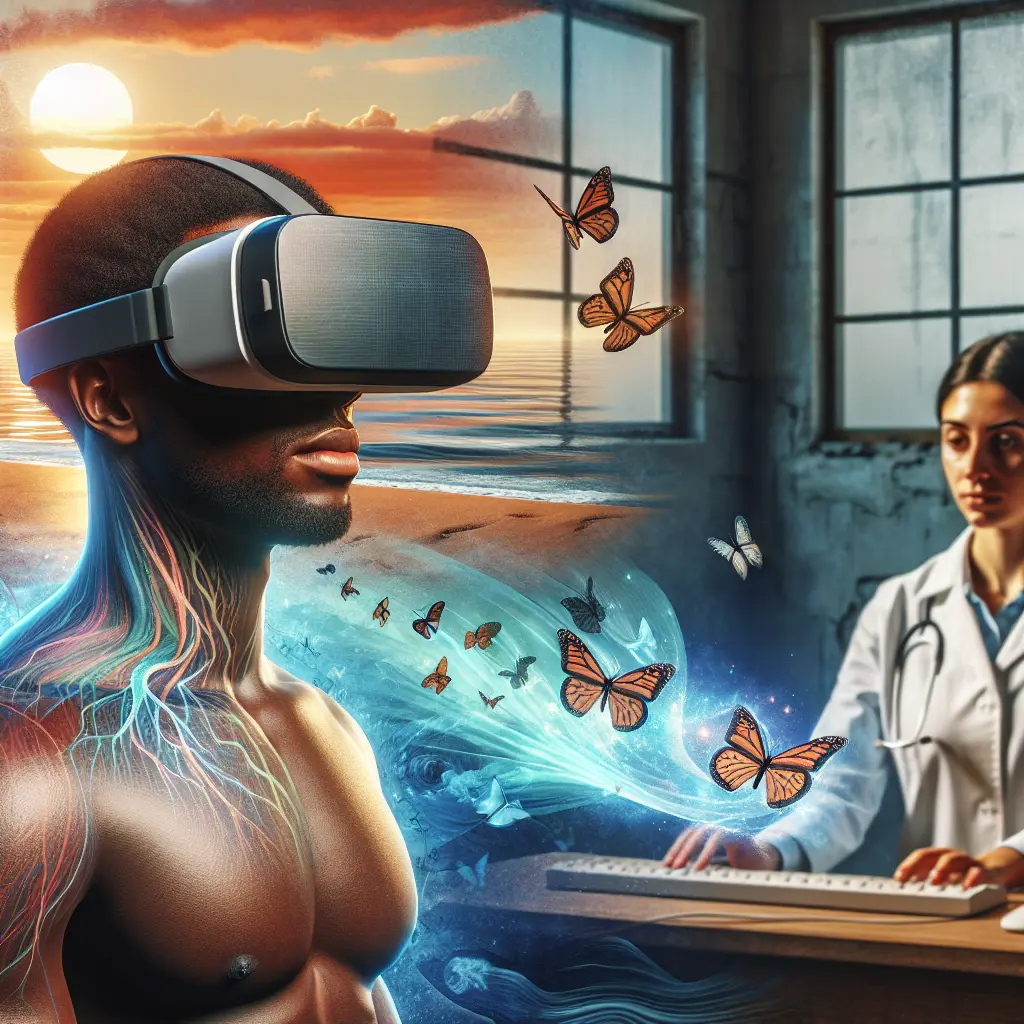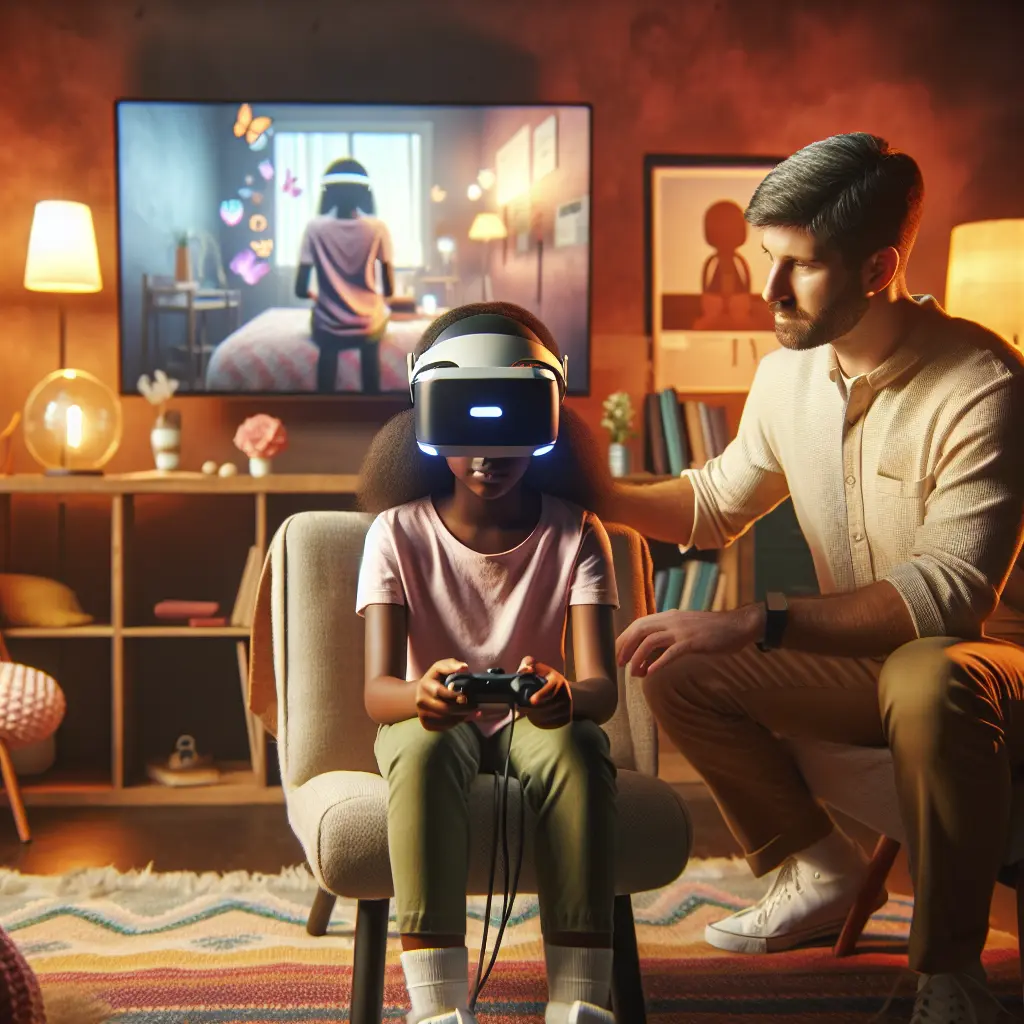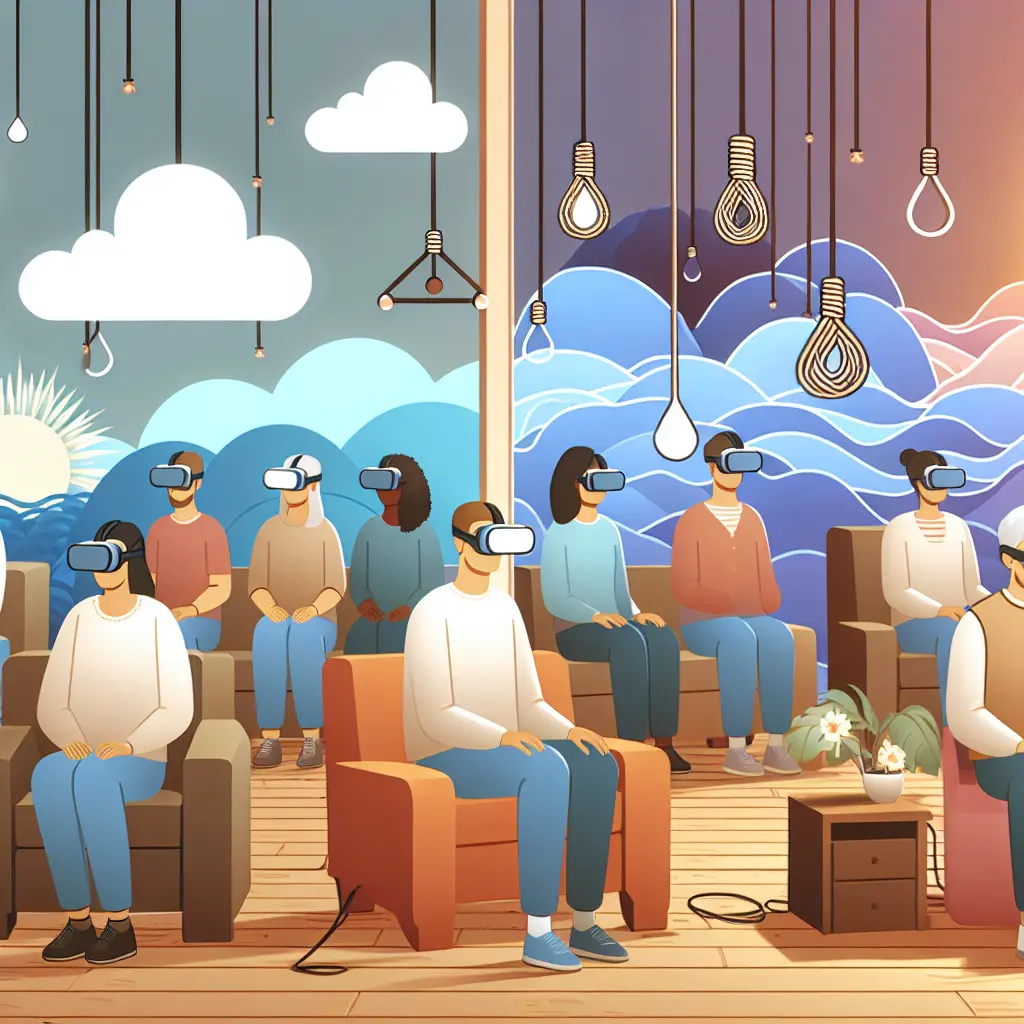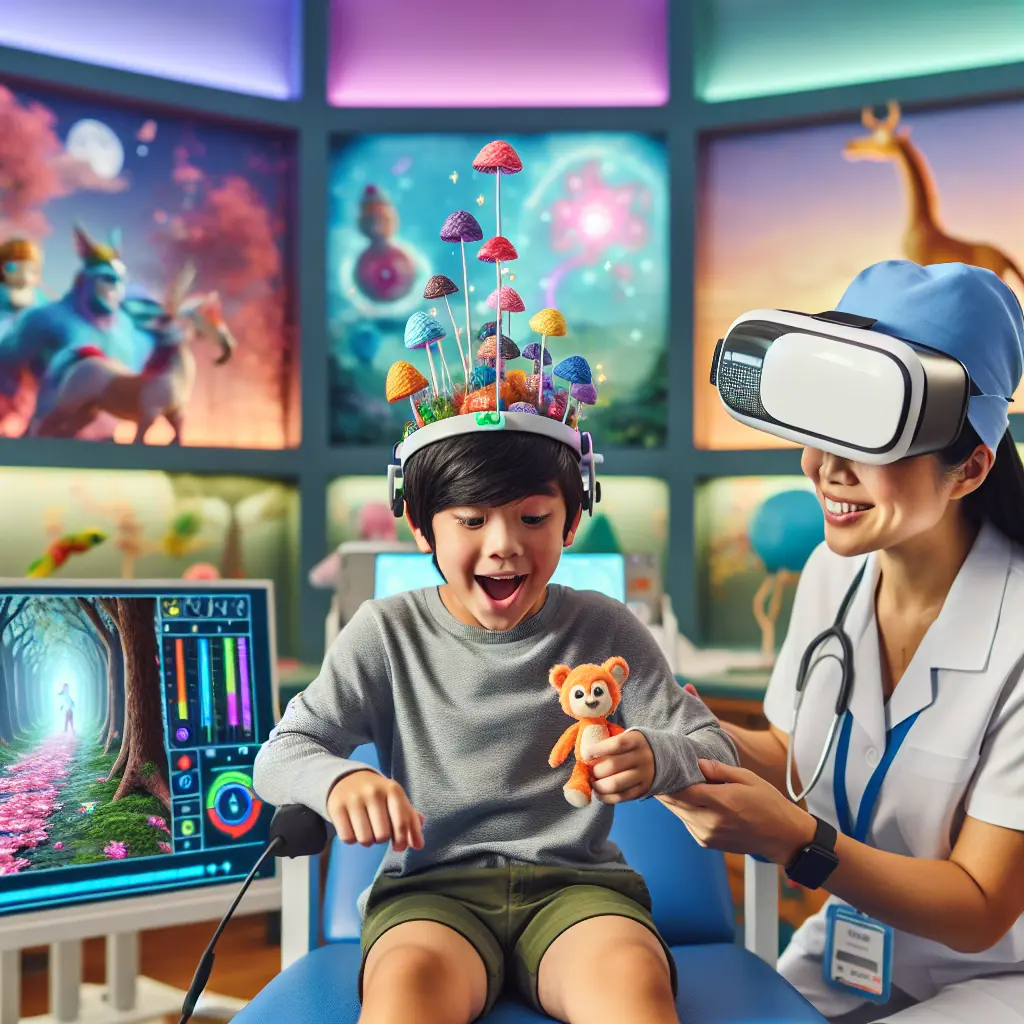In recent years, Virtual Reality Therapy has emerged as a groundbreaking approach in the realm of mental health, offering promising new avenues for PTSD recovery. This innovative treatment, often referred to as VR Therapy for PTSD, utilizes immersive technology to create a controlled environment where individuals can confront and process traumatic experiences safely and effectively. As PTSD therapy innovations continue to evolve, Virtual Reality PTSD Treatment is at the forefront, providing unique PTSD therapy solutions that were previously unimaginable.
The integration of VR for mental health has significantly advanced PTSD recovery techniques. Virtual Reality Exposure Therapy allows patients to relive and reframe distressing memories in a therapeutic setting. This method of Virtual Reality Healing not only enhances traditional therapeutic approaches but also introduces novel PTSD treatment advancements that cater to diverse patient needs.
Virtual Reality Therapy is transforming how mental health practitioners approach trauma recovery. By immersing patients in controlled virtual environments, this therapy allows individuals to confront and process traumatic experiences in a safe and supportive setting. One of the key elements of this approach is Virtual Reality Exposure Therapy, which facilitates the reliving and reframing of distressing memories under professional guidance.
This method aligns with a broader trend towards integrating technology with traditional therapeutic practices. According to a recent article on healthcare innovation, the use of VR in mental health is expanding rapidly, highlighting its potential to complement existing PTSD recovery techniques.
There's a growing interest in complementary medicine across various cultures, as noted by Prof. Babalola in recent discussions on alternative healing methods. This trend complements the adoption of VR Therapy for mental health, as both aim to offer holistic approaches to healing. The U.S. market for complementary and alternative medicine is projected to reach $124.2 billion by 2030, reflecting an increasing recognition of diverse therapeutic solutions that include technological innovations like Virtual Reality Healing.
VR Therapy Benefits and PTSD Treatment Advancements
What sets Virtual Reality PTSD Treatment apart from traditional therapies? The answer lies in its unique ability to simulate real-world scenarios that are otherwise difficult to replicate in a clinical setting. VR Therapy benefits include providing patients with a sense of safety and control—crucial components for effective PTSD recovery support.
Recent VR Therapy research underscores the efficacy of Virtual Reality in psychology, particularly in trauma recovery. Studies have shown that VR can significantly reduce symptoms of PTSD by allowing patients to gradually desensitize their fears through repeated exposure in a virtual environment (Journal of Traumatic Stress).
UbiquityVX is one such company making strides in this area. As highlighted in recent news, UbiquityVX is revolutionizing healthcare access through its advanced virtual therapy platforms. By harnessing the power of Hollywood-grade technology, the company is enhancing the realism and effectiveness of VR Therapy for PTSD, offering unprecedented PTSD therapy solutions.
Accessibility remains a critical focus for expanding the impact of Virtual Reality mental health applications. The Rockefeller Neuroscience Institute recently opened a NeuroPerformance Innovation Center dedicated to studying and treating concussions (WVU Medicine News). Such initiatives pave the way for integrating VR therapy into broader neuropsychological treatments, emphasizing its potential across various mental health challenges.
Expanding Accessibility and Bridging Gaps
Efforts are also being made to ensure marginalized groups are included in these advancements. Researchers advocate for inclusive strategies to bridge treatment gaps in conditions like bulimia nervosa, which could similarly benefit from virtual reality interventions (National Eating Disorders Association).
As we look toward the future, Virtual Reality for PTSD Recovery stands poised to redefine therapeutic boundaries. Its ongoing integration into mental health care signals a shift towards more personalized and technologically driven PTSD recovery strategies. The potential of Virtual Reality Therapy extends beyond just PTSD; it opens doors for treating various psychological conditions with greater precision and empathy.
Virtual Reality Therapy is revolutionizing the landscape of PTSD recovery and mental health care. By immersing individuals in controlled virtual environments, VR Therapy offers a unique avenue for trauma processing and recovery. Its ability to simulate real-world scenarios in a safe setting makes it an innovative complement to traditional PTSD treatment methods.
Companies like UbiquityVX are at the forefront of this revolution, enhancing the realism and effectiveness of virtual therapy platforms. Their efforts highlight the expanding accessibility and potential of VR Therapy to bridge treatment gaps, especially for marginalized groups. Moreover, initiatives by institutions such as the Rockefeller Neuroscience Institute underscore the importance of incorporating VR into diverse mental health strategies, paving the way for broader neuropsychological applications.
As we advance into the future, Virtual Reality stands to redefine therapeutic boundaries, offering personalized and technologically driven strategies not only for PTSD but also for other psychological conditions. This transformative power promises enhanced patient outcomes and inspires continued innovation in mental health care.










Leave a Comment